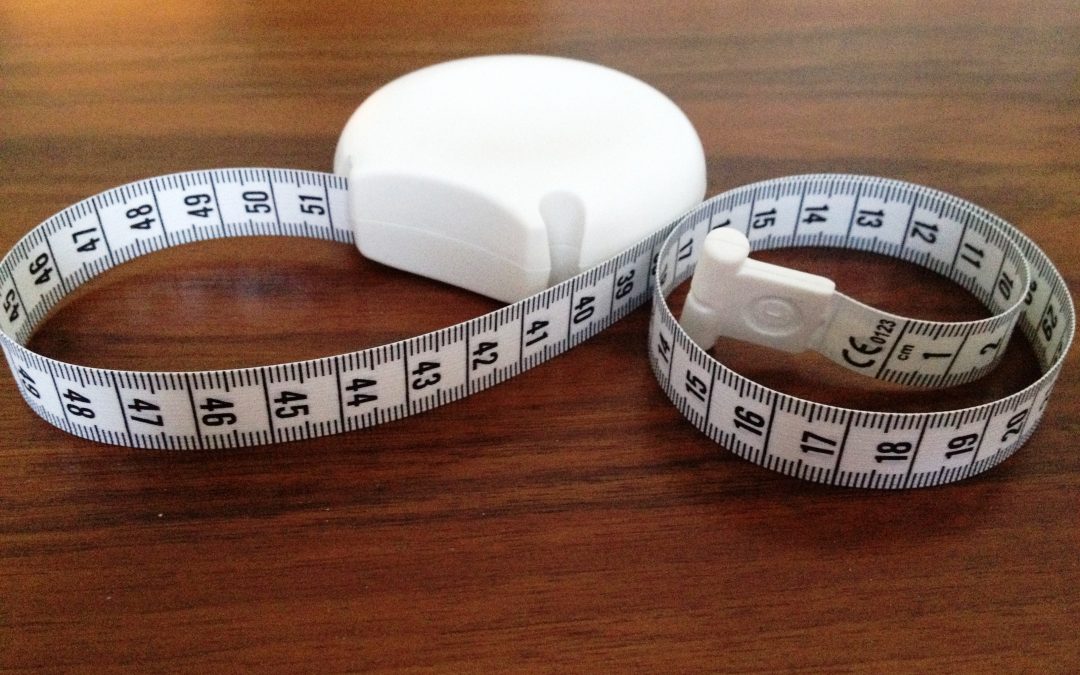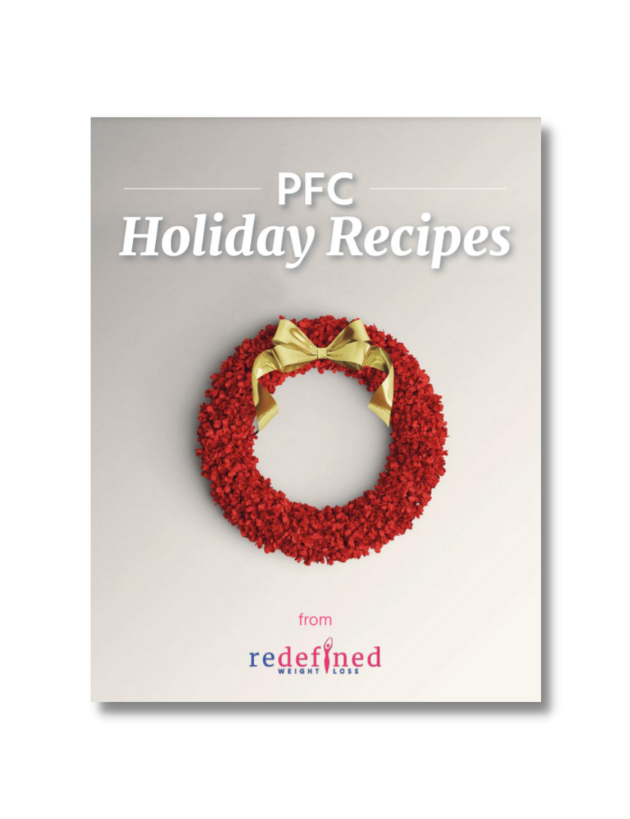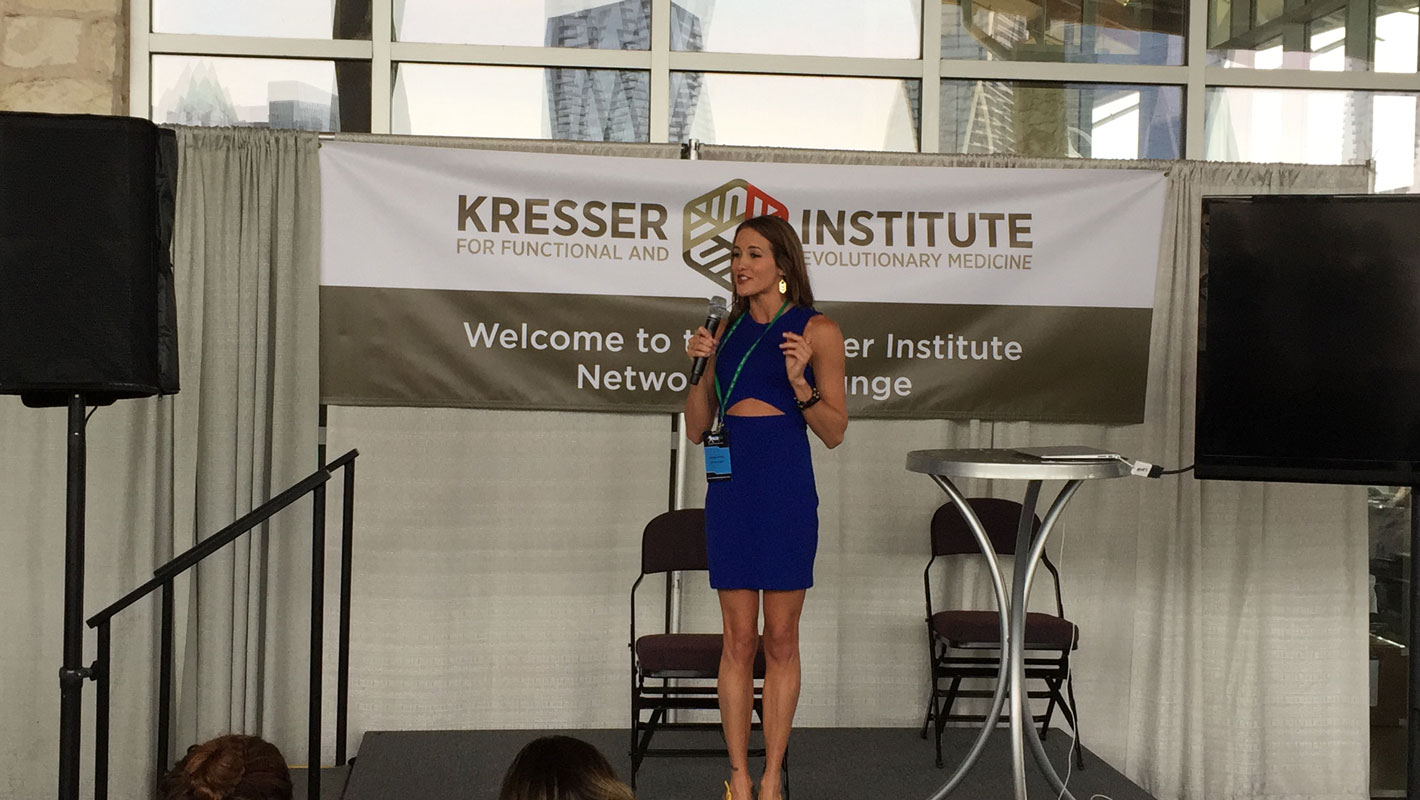The American Medical Association recognizing obesity as a disease has been making big headlines and for good reason. Will defining obesity as a disease cause us to take it more seriously? Will it cause more physicians to pay closer attention to this condition? Will more insurers pay for treatment? Or will it encourage pharmaceutical companies to just push more drugs? And does it remove personal responsibility? I’ve had a chance to take in many different opinions and would like to share with you my own opinion on why I don’t think this definition is beneficial. First, I will share an opinion that was posted in a comment when I asked what you all thought of this issue on my Facebook page (emphasis added by me); “I am almost 60 years old and have struggled with weight almost my entire adult life and I did think it was a disease. After shedding a lot of weight and getting my health under control, I no longer think that obesity is a disease. I blame the doctors (certainly there are others to blame too) and the conventional wisdom they spew.”
So where does this leave us?
The cause and personal responsibility. When determining if obesity is a disease, it’s important to look at what causes the problem. Labeling obesity as a disease removes personal responsibility. It gives the implication that obesity is something you are born with or predestined to live with instead of managing with lifestyle modifications. “Fat shaming” certainly breaks my heart, as people assume that those who are overweight are that way because they don’t take care of themselves. The problem is that if these very obese people make an appointment with a dietitian or doctor, there’s a great chance they’ll be fed conventional wisdom that CLEARLY ISN’T WORKING. Low fat diets are STILL making us sicker and fatter — when will this craziness STOP!? Or maybe they’ll just be told to vainly count calories. The reason this doesn’t work is because it’s not just about quantity. Portion control definitely matters, but so does the quality of the food we’re eating. (Quantity AND quality! Not one over the other, but both.) Other factors matter too, because obesity is a complex condition. We need to consider the effect of hormones such as glucagon and insulin that determine if we are burning or storing fat, ghrelin and leptin that tell us if we are hungry or full, stress, gut health, quality and amount of sleep, timing of when we’re eating, and the list goes on. All of these various factors play into how our metabolisms are functioning and that number we see on the scale. How many healthcare professionals take all of this into consideration when evaluating a person’s weight status? In my opinion, herein lies the problem. I can’t tell you how many clients I’ve had who have irritable bowel disease, Crohn’s disease, or some other digestive concern and they’ve never been on a probiotic to heal their gut. Or, more commonly, how many people have been put on a low-fat or calorie counting diet where they continued to gain weight, and were told they just weren’t working hard enough? Or, how many people are surprised when I tell them that just because something is advertised does NOT mean it is healthy. (No, this is not common sense. But the truth is that 5%of advertisements are for whole foods.) I’m saying that obesity is not something we are born with, but a result of our environment and lifestyle choices. False marketing plus poor nutrition advice is a recipe for obesity. We need to look at what’s causing this problem in the first place before simply defining it as a disease and looking at treatment options. Which leads me to my next point…
The Drug Dilemma. If labeling obesity a disease means more insurance companies will cover my services, then great! I’m all for it. Unfortunately, I think it’s going more in the direction of drug therapy than nutrition education. This is because diseases are treated with drugs, and already drugs have been mentioned as something that will help people who are obese.
It’s Not About Willpower. Obesity as a disease means health care professionals can’t blame a person’s discipline or willpower. I already am not a big fan of willpower, as our actions are simply a result of the biochemical reactions that take place in our body, and when we can understand this and learn how to modify our physiology, we are empowered. For instance, it’s not just coincidence that the average time of day most people give into food temptation is 3:23 pm. It’s also no coincidence the majority of my clients tell me they don’t have “willpower” by mid-afternoon. If we’re following the SAD (Standard American Diet), then we eat a big lunch around noon. Basic physics tells us that what goes up must come down. In this case, it’s your blood sugar levels. Eating a big meal causes a surge in blood sugar levels, which makes them crash just as hard a few hours later. So, having sugar or carbohydrate cravings mid-afternoon actually has nothing to do with willpower and everything to do with biochemistry.
Maybe I’d have a different opinion if I didn’t have a 100%success rate with my clients who come to me for weight loss. Maybe I’d have a different opinion if I were obese. But… that’s a double negative. Obesity is a problem we have a solution for. The problem is the right information isn’t being taught and instead obese people are being taught to work harder using strategies that are unsuccessful. Going the wrong direction with the right dedication will STILL make you miss your destination! Let’s spread the truth on nutrition and tackle this obesity epidemic once and for all. This being said, do note that obesity does not have a one-size-fits-all solution. As I mentioned above, there are several factors that need to be taken into consideration when developing a weight loss program for someone. If you want to start with a real food solution, please don’t hesitate to contact me. I take a big picture approach that many healthcare practitioners don’t take the time to do and I would love to help you.












I think it is a very mixed bag, like you wrote there could be some advantages is if people actually go to a good dietitian because it is now covered by insurance, but I fear it is going to be lots of prescribed drugs that have numerous other side effects. Education is the key, it isn’t about will power, it’s about education in many cases. Willpower can get you through not eating something poor in the afternoon after eating a poor lunch, but if you instead at a good lunch and know what a healthy snack is, you’ll be much better off.
Right, Peder. Proper education is key. It’s not about will power, but education.
I’m with Peder. The first thing I thought when I heard it was going to be considered a disease is, “Yay! Maybe my insurance will help pay for a qualified dietitian!” But, now I realize it’s probably a move for the drug companies. It makes me sad because everything you list above is exactly what I want to get tested but my PCP won’t test for that stuff, and instead tells me to eat less, exercise more. And said if it doesn’t show results after x months (3, I think), we could discuss medication. It’s infuriating because that’s not what I want.
So I’m trying to self-educate online, which is a very slooooow process. And in the meantime, people are looking at me like, “I thought you were doing x, y and z. Why are you still overweight?” Long-term success seems to be a slow process. At least for me.
PS- Every time I add a little extra butter to something, I think of you. It’s hard to undo years of low-fat brainwashing!
I agree Kelly. My hope is that it will allow for more insurance coverage vs. more drugs. The reality of it is that diseases are treated with drugs. I love that you’re trying to self educate, as it can be hard to not give into the meds! I’m available too, if you ever want individualized coaching from a different practitioner’s angle (mine).
PS- I love that you think of me when you add extra butter! Fat rocks 🙂
I wholeheartedly agree with you and for a couple of reasons stemmed from experience. I’ve had low fat and low calorie drilled into my head by every doctor for the longest time. It was the same drill, watch my calories, don’t eat too many carbs. My doctor (as well as I) didn’t understand why I wasn’t losing weight as fast as she thought I would. After 6 months, I had only lost 20lbs. Now that was great and all of course as any weight loss should be, but I gained that plus more when I stopped. While my doctor may be great at treating her diabetic patients and wonderful at treating her heart patients, I don’t believe the medical community truly embraces treating the WHOLE person as odd as that may seem. They are so focused on one issue that they forget it’s all intertwined. This is why I’m so happy I found you. Not by fad or by ‘diet’, but by eating real food and HOW it effects the body. I’m the type that likes to know the how and why of things. And it all makes sense now, so THANK YOU!
All of this warms my heart 🙂 And you’re welcome!
As a medical provider, the good I see in making obesity a disease is actually insurance. Patients will now (hopefully) be able to make an appointment with their provider to discuss their disease: obesity. Currently, I will see a patient for a problem, then at the end give my typical speech of ‘get adequate exercise and eat a healthy diet’ and done. There is my teaching on obesity. Now providers will be able to dediate time to a real cause of many health issues. It is not that the medical community does not treat the whole person. This is something we are taught from the beginning. We are given 10-15 minutes to treat the whole person, which is not realistic. This is why we can often only focus on one issue during a visit. I 100% percent agree with your above statements. If only we were given time to actually treat our patients… We would probably be a much healthy culture. I’m glad you are here to educate all of us on what many healthcare providers wish they had time to do, including me.
I appreciate your thoughts, Jennika. I can’t imagine how frustrating it must be to only have 10-15 minutes to treat the whole person and all of their health issues and concerns. I’ve talked about this many times on my radio show and in this interview (http://www.dietitiancassie.com/will-the-real-rds-please-stand-up/) that believe healthcare providers have the patient’s best interest in mind and they really do try to provide the best information that they can in the circumstances they have. The problem is that many don’t have time, as you mentioned, or that they’re teaching outdated theory and conventional wisdom approaches that aren’t making us healthier. Thank you for your feedback and for having your patient’s best interest in mind. Together, we can make this world a healthier place.
I think it is just going to be a push to put people on more medications.. You have to keep in mind doctors have to see many more patients than they should because of managed care to be able to make a living. Because of this and the kick backs they get from the pharmaceutical companies, they are taught about the medication by the pharmaceutical companies, they listen to them and then advise patients on what they have been ‘educated’ about with the medication. I have been asked if I thought about Lap Band surgery, I told the doctor Yes I had and I educated myself enough to know it was Not an option for me. There is much more to weight than overeating.. much more and it is up to people to explore every avenue available to them . I know it is hereditary and I know it is environmental and I know some people are much more emotionally equipped to overcome it than others. It is a very personal and individualized problem that I do not think is so much of a disease as an inherited tendency with some life experiences thrown in. Whatever it is – it is a struggle.
I agree, Carol. I don’t think of it as a disease either, because diseases are treated with drugs, and obesity can be combated with lifestyle modifications; it’s just important that they are the right ones!
thanks, Roland!
Yesterday’s paper featured an article by a bariatric physician about how bariatric surgery is the only true “cure” for obesity and he was happy that obesity was recognized as a disease because he now expects everyone to line up for a bariatric procedure. Sigh. . .
And most dietitians are not like you, Cassie. They give the same old hack advice–more carbs, less fat ( why is it that nobody complains about “cutting out an entire food group when it’s fat instead of grains, and where’s the “balance” in that???). Most RDs. Do more harm than good.